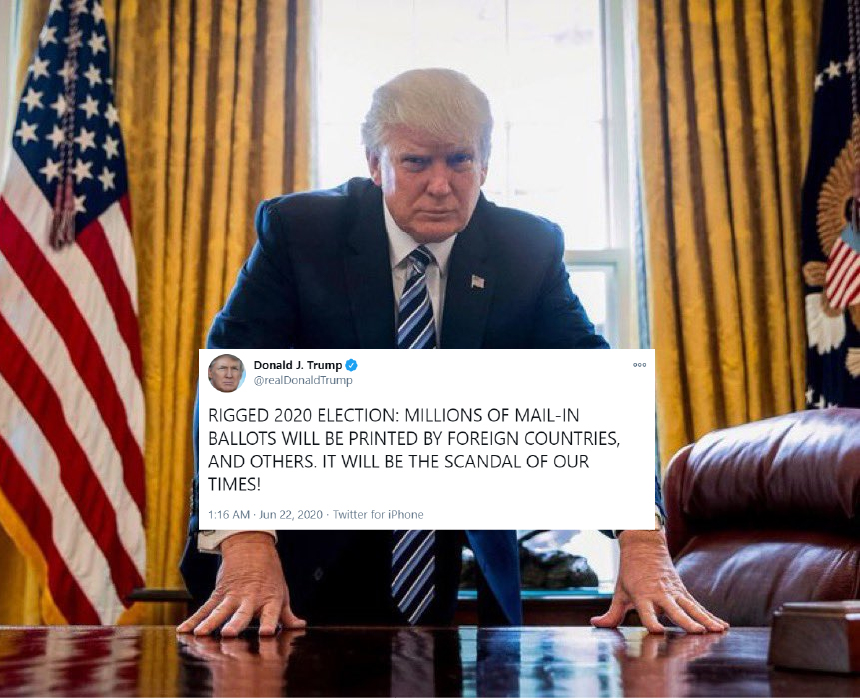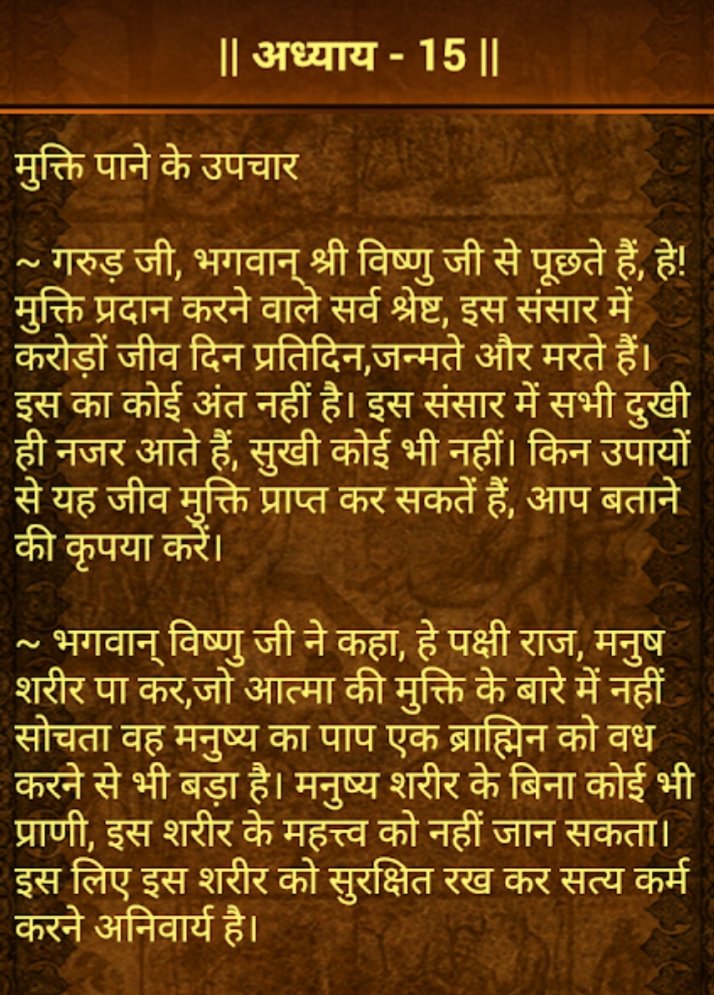FYI, this is episode 2 with
@jackbutcher, so check out the first for more tactics and his story
The economics of the creator economy have changed in the last decade.
You no longer need a huge audience to make a living.
1000 true fans to 100 true fans.
We're moving from a world where people paid the artist to where they're paying for value.
Jack went from ~$6K/mo in January to almost $200K/mo in the best months (October & November)
You only need 1 true fan to start, and they can be a client.
When you find that one person who loves what you do, double down on whatever you're doing for them.
Aim to do one thing really well for one specific kind of person.
When you undertake a project in public, without permission, you can share it widely.
That never happens when you work on something for a company. You might do the same work, but you never get to share.
You should think about building things in public, without permission, as an investment in your own market value.
When you see it that way, you're not working for free.
The overlap between the people you can reach and the people you can offer value is what matters.
It doesn't matter how big your reach is if no one will buy.
Start with solving a problem for 1 person.
Start showing how you solve that problem, the approach you take, and what you produced.
Solve the problem for another person, and repeat.
Then find a way to solve that problem at scale.
How do you prioritize without getting pigeon-holed?
Well, if you find something successful, it might not be a bad place to be stuck.
Building an audience also gives you opportunities if you've been authentic along the way.
Your personality is always going to be a big part of the differentiator.
That doesn't go away when you move to different things.
Start by solving people's problems.
Mixing working with companies or a more typical job with creating is fine.
There are lots of different ways to take part in the creator economy.
There is pressure that comes with building in public, particularly when you pre-sell something.
Building in public doesn't mean sharing everything.
It means sharing what makes sense.
The result is what you sell first, but the process is the value.
You can use the process to create more results (products).
Eventually, you can sell the process too.
It becomes the product.
"Even if you have a job, you're still an entrepreneur—you just have one customer."—
@rohangilkes
Your employer won't always provide for you.
Using your skills and building something is a hedge against the uncertainty of losing that provider.
Naming that positions you well matters.
You don't want to spend too much time on it, but a great name is a competitive advantage.
A great name positions your product in alignment with the value it provides. Fast.
Examples of people who name and position well:
@david_perell • Personal monopoly
• Age of abundance
• Niche fame
@nntaleb • Antifragility
• Fooled by randomness
• Skin in the game
Monetization has changed a lot.
Some examples of people doing it well:
•
@david_perell •
@APompliano •
@polina_marinova •
@JoePompliano •
@fortelabs
You're competing for attention with everything.
The only thing you should be thinking about: why should people care?
Copy, design, any communication: why should they care?
Eventually, you'll get enough opportunities that your greatest attribute will be your judgment.
As much as agencies can suck, they do force you to learn and do a lot of repetitions.
@APompliano quote: "Overwhelm the algorithm."
A lot of creating is like a radio station:
People are loyal because they want to consume the specific type of stuff you're producing.
On the charity push in December (course cost went to charity): a lot of the success was due to giving people agency over who they donated to.
If you have a product with zero cost of replication, it's a great way to do something good.
A growth idea: find people at a similar stage as you, with a similar audience, and build things together.
Take advantage of sharing each other with your respective audiences.
This can also work with building products together.
"If you wouldn't work with someone for your whole life, don't work with them for a day."
Make sure you share values.
Pick your friends the same way.
Text is an interesting channel, but it requires respecting the relationship in a different way than something like email.
It's more intimate.
@jackbutcher on YouTube: not personally that motivated for it, and the ROI vs. time invested isn't clear yet.
You don't pick a niche.
A niche picks you.
Your niche emerges as a by-product of what you can do sustainably.
Branding (vs. personal brand) can help when you have a specific aesthetic, but it's a nuanced subject.
On repurposing content: if you're packaging a philosophy or idea, you can showcase that on different platforms in ways that are better suited to each platform.
Pick the platforms that make sense for the audience you want to reach.
@garyvee's perspective on repurposing content:
https://t.co/xusmBI4ipi
What you should always be thinking about: what is valuable to that person at that time?
What can you remove to make it better?
@waitbutwhy's thinking about types of content:
1. Someone didn't like it
2. Someone thought it was fine
3. Someone liked it
4. Someone absolutely loved it
Try only to create the fourth type.
When you're coming up with product ideas, think outcome-based.
What do people want that I can provide? It can be a service to start.
Then think about how you can make it a scaleable product.
Develop an outcome-based pitch for a specific type of person.






















